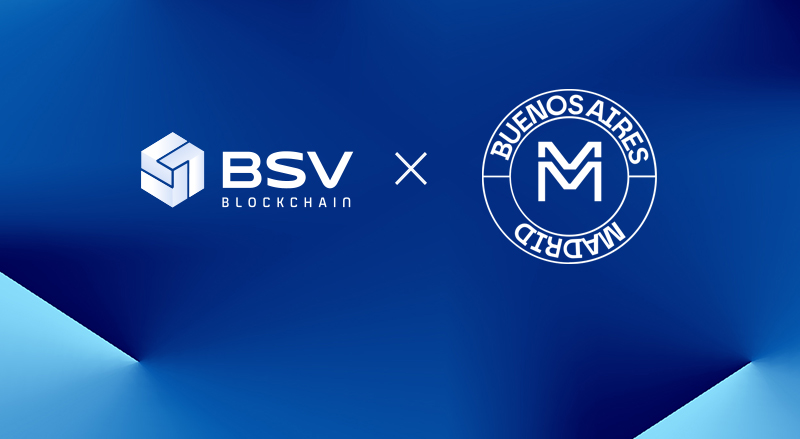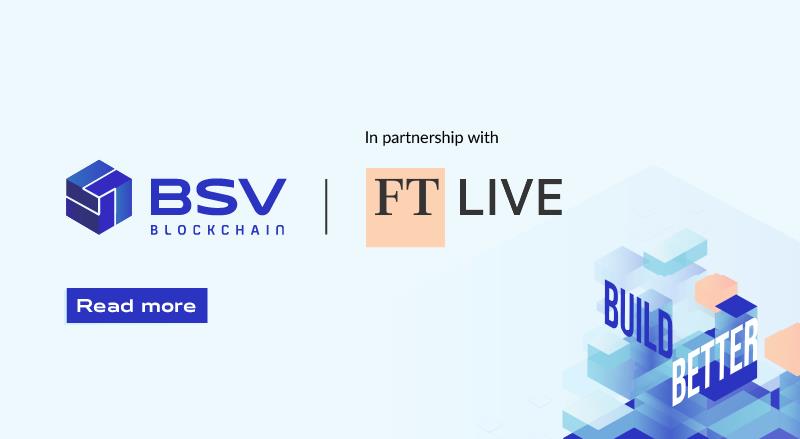After testing the waters with private blockchains, savvy enterprises are increasingly moving to implement private data storage solutions on public blockchains. This was the key focus of a panel discussion at the recent London Blockchain Conference which included:
- John Velissarios (Founder & Director at Otranto Limited)
- Giovanni Franzese (Partner Strategy at nChain)
- Dr. Dean Rakic (CEO/Chief Scientist at Blockcontrol)
- Muneeb Shah (Director- Head of Digital Assets Tech Consulting at EY)
- Neeraj Srivastava (CIO at Rockwallet)
- Sonny Mohanty (Head of Ecosystems Ventures at XDC Network)
The experts discussed different implementations of blockchain in the enterprise space and the real-world business lessons from each type of blockchain, including public, private, and hybrid setups. They also discussed real-world use cases that have been implemented in their businesses so you can use their findings to make the right decision for yours.
Public vs private blockchains
Public blockchains are open to anyone who wants to participate, making them suitable for various use cases across different industries. Anyone can create and configure a node to join the network as a miner, who processes transactions and competes for the opportunity to add a new block to the blockchain.
Miners are incentivised by the chance to earn a reward in the blockchain’s native currency, known as the block reward, which is awarded for processing a block. This reward is designed to decrease by half roughly every four years. Along with transaction fees, the block reward provides financial incentives for miners. Every new block added to the chain is visible to everyone.
A private blockchain is managed by a central entity that controls access, granting permissions to specific individuals or organisations. These blockchains are typically designed to fulfil particular corporate functions. The owner of the blockchain has the authority to modify the consensus protocol, alter the rules, or override any entries recorded on the blockchain.
Access is tightly regulated by a central authority, making private blockchains generally less decentralised than public ones. Only verified individuals can access the blockchain, minimising the risk of unauthorised users or malicious actors infiltrating the system.
Why many enterprises are still private
Franzese began the discussion by noting that in the early days of enterprise blockchain adoption, public blockchains were never considered as an option. However, things have unfortunately not changed much, he said.
‘It is a matter of fact that enterprise blockchain is still private and permission. This is because big corporations don’t trust having data in a public environment. They want to have control and it is natural to want to have control.’ Franzese noted that this comes down to risk and that companies understandably don’t want to put trust in a company other than themselves.
Despite this risk balance, Franzese noted that the benefits of putting data on public blockchains are still clearly the way forward for companies – but it requires them to be brave, innovative and forward-looking.
Shah largely agreed with Franzese and added that the technology is still relatively nascent and developing. ‘The world has realised that they are creating closed-loop digital islands which don’t necessarily talk to each other. So interoperability has become the key task.’
Looking forward
‘We are now at a point of inflexion where it is not one or the other (public or private blockchains) but a hybrid of the two. And it will be particularly driven by the use cases and the choice of application that you will be building,’ Shah said.
‘If the use case entails it to be a private, permissioned blockchain with restricted participants then fair enough. If you look at something like Central Bank Digital Currencies (CBDCs) does it merit doing a public issuance on a public blockchain due to third-party risk management? Maybe not.’
But then when you think of the public issuing of a CBDC, is a private blockchain going to be able to give you enough scale – the answer is no. So you need an interoperability player between a private and public blockchain – it’s going to be a very specific hybrid model.’
BSV blockchain is built for enterprises and governments
The BSV blockchain stands out from other public blockchains by being vastly more scalable and efficient. Its low transaction fees enable companies to manage a high volume of transactions and data without the concern of network congestion.
Additionally, the BSV blockchain’s stable protocol and fixed block size offer a dependable and predictable environment, crucial for enterprise-level applications. Its emphasis on data management and security allows businesses to store, manage, and verify large amounts of data transparently and immutably. Additionally, its dedication to regulatory compliance and industry standards builds trust and provides legal certainty.
Learn more about how the BSV blockchain can help your business here.






